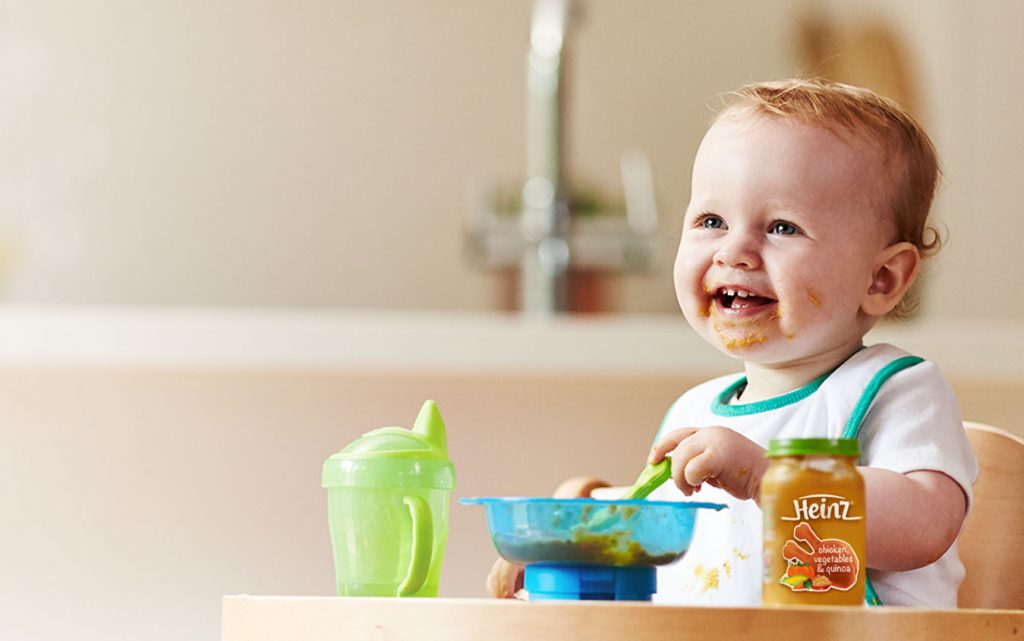Baby’s teeth care begins before your baby even has teeth. While most, but not all, babies are born without teeth. Yes, sometimes babies are born with one or two teeth! In addition, gum care from day one is essential to healthy tooth development.
How to care for baby’s gums?
Caring for your baby’s gums is very simple. Wiping their gums twice a day with a soft wet gauze does the trick. It helps getting rid of any bacteria, especially after milk and before bedtime. There are also special baby toothbrushes that you can also use wet without toothpaste.
While some people might think that since baby teeth fall out anyway, caring for them can’t be that important. However, baby teeth are the precursors for adult teeth, and if they are not looked after properly, it can cause difficulties for your baby when it comes to chewing and speech
Baby’s teeth Stages:
While different children teeth at different times, the below table gives you a general indication of the timeline of teething. Teething is usually preceded with a lot of drool. Baby chewing on their fist. Sometimes a slight fever. And maybe even constipation or diarrhea. Different babies react in different ways to teething. Sometimes if you are lucky, there are no symptoms!
Pick the right toothpaste for your baby’s teeth.
A pea sized amount of toothpaste can be used. As long as the toothpaste is specifically for the age of your baby. Which is usually indicated on baby toothpaste packaging. By about three years old, your toddler should have all 20 of baby’s teeth. Oral hygiene needs to be as strict for them as it is for you. With regular brushing, an eye on their nutrition and regular dental visits.
The next stage is when teeth start falling out and the age for this ranges quite a bit with some kids starting at around the age of 4 while others don’t get that wobbly tooth until they are 7! So don’t panic if your friend’s kids are losing baby’s teeth and yours isn’t, there is plenty of time – but if you are worried, a visit to the dentist will help.
Teeth usually fall in the same order they came out
By the time your child is around 12 to 14, the 20 teeth that replaced the milk teeth are out with the addition of another 12 teeth making up their set of 32 adult teeth. The last four of these are wisdom teeth and can come out up to the age of 21 – some kids get all their wisdom teeth while others get only two and yet others might not get any – a panoramic x-ray at the dentist can tell you if your child has any wisdom teeth or not.
Instilling good oral hygiene from an early age and explaining to your kids what affects it dietary wise can save them a lot of future aches and pains and trips to the dentist. Also, getting your kids used to going to the dentist from a young age means they will be unlikely to develop any anxiety than if you start taking them at an older age.







Awesome post! Join the fun at https://meucassino.org for up to R$1,000 welcome bonus, progressive jackpots, and instant PIX withdrawals. Date: 2025-11-12 23:52:11 (-03).
Awesome post! Join the fun at https://motagascassino.com for up to R$1,000 welcome bonus, progressive jackpots, and instant PIX withdrawals. Date: 2025-11-20 01:42:45 (-03).
Awesome post! Join the fun at https://denemebonusufreebet.com for up to R$1,000 welcome bonus, progressive jackpots, and instant PIX withdrawals. Date: 2025-11-27 00:56:28 (-03).